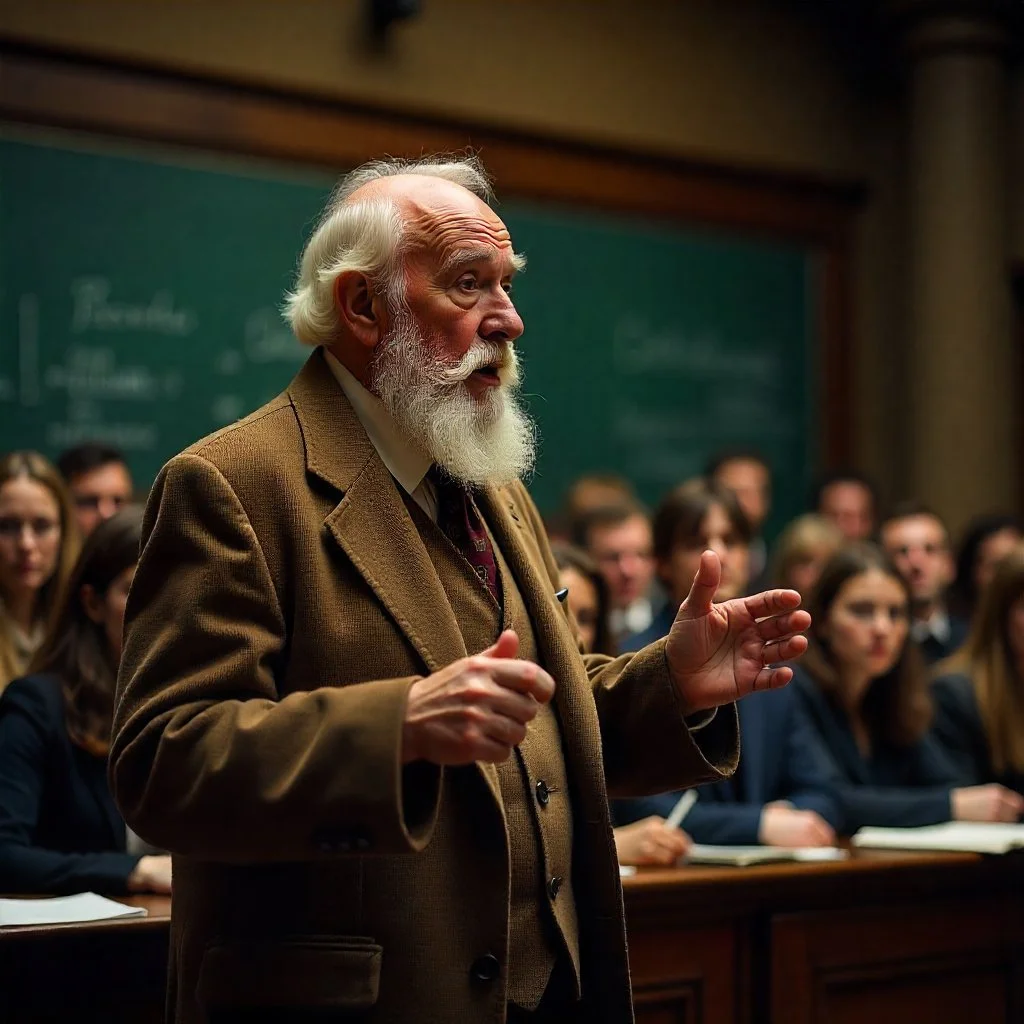Faith Requires Knowing and Doing
“Do your best to present yourself to God as one approved, a worker who has no need to be ashamed, rightly handling the word of truth.”
For a semester in college, I attended a conservative Lutheran church. I was influenced by a religion professor who inspired me at the time. At 19 years old, I felt blessed to have a scholarly person lay out the Christian faith in such an understandable and blessed way. The professor’s and the church’s faith focus was on affirming “right” doctrine. Learning Martin Luther’s history and theological writings was central. Then, by reading and affirming the Book of Concord, written in the sixteen hundreds, one could find everything needed to know, along with the Bible, to live a life of faith.
The following year of undergraduate study in religion, I slowly transitioned back to affirming a less assured, more complex faith that called one to reflect, question, and act, instead of simply affirming centuries-old doctrine. Instead of falling into the trap of discussing my intellectual evolution of doctrine, I want to share how my faith evolved during that time. My faith developed at a more foundational level by affirming the Christian understanding that knowledge alone is insufficient. Christianity is a verb. Action is required of followers of our Triune God.
The focus on doctrine is not to say that the conservative Lutheran congregation I attended did not act on their faith, but that they evaluated their faith by “right” belief first and foremost. Charity and other actions regarding faith affirmation were secondary to proper doctrinal affirmation. I came to understand that all theological concepts, while important and necessary, are not the sole focus of what defines the faithful. We are called first to lives of justice and love. The Holy Spirit guides not only our theological understanding and doctrinal affirmation, but also our compassionate actions.
Today, reflect not only on what, but also why, you believe as you do. Be brave and trusting enough to question your faith. God is alive and strong enough to stand up to our questions. Second, consider how your compassionate acts influence what you believe and who you are as a person of faith. God uses our minds, but not without the heart. In matters of faith, mind and heart remain as one. Prayerfully ask God to open our lives to intentional study, but not as a means of salvation, but as a tool to influence how we act out our faith in Christ-like love. Then, our Christian faith will be more holistic, and knowing and doing will become one in response to God’s call for our lives.





